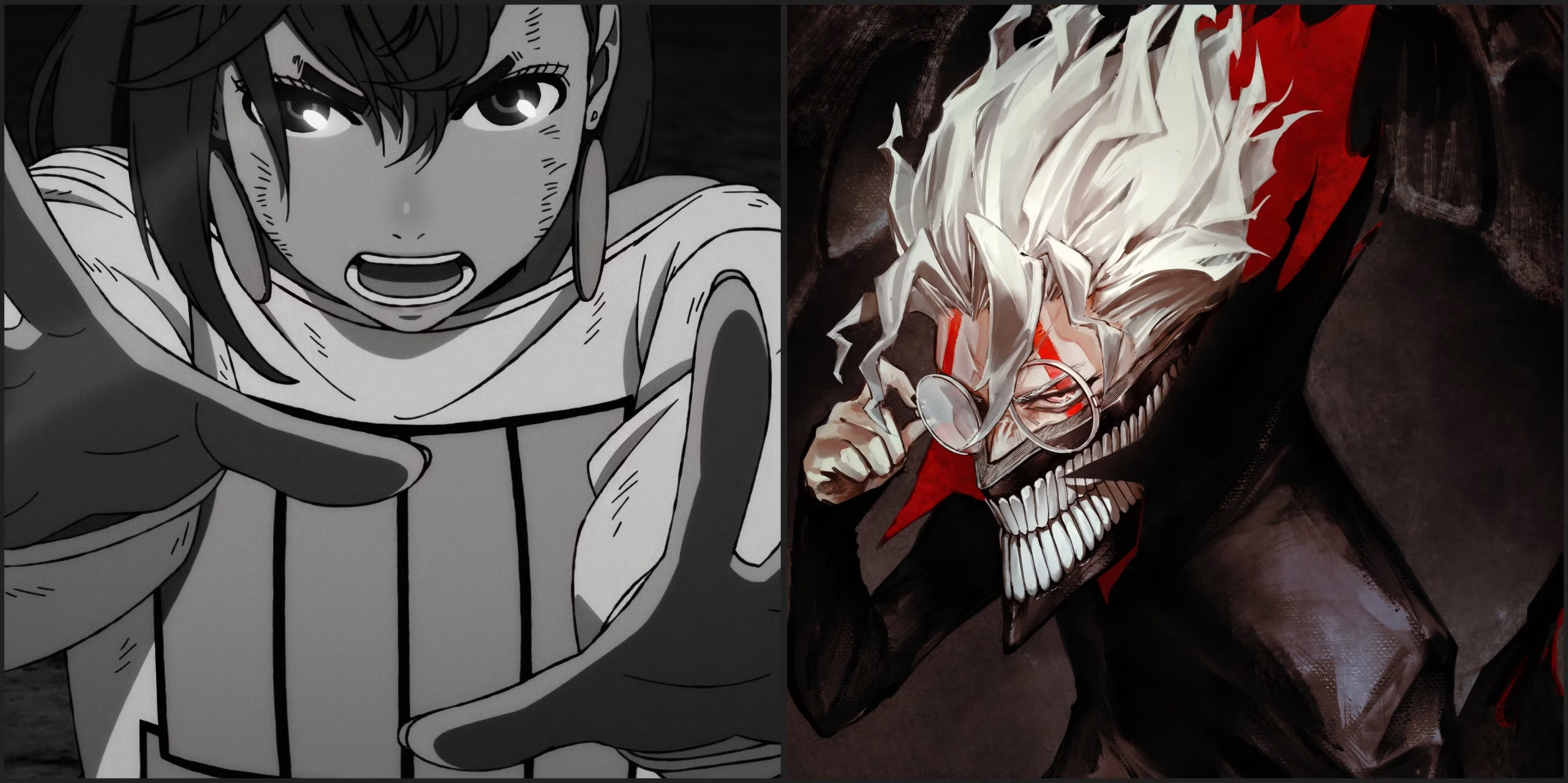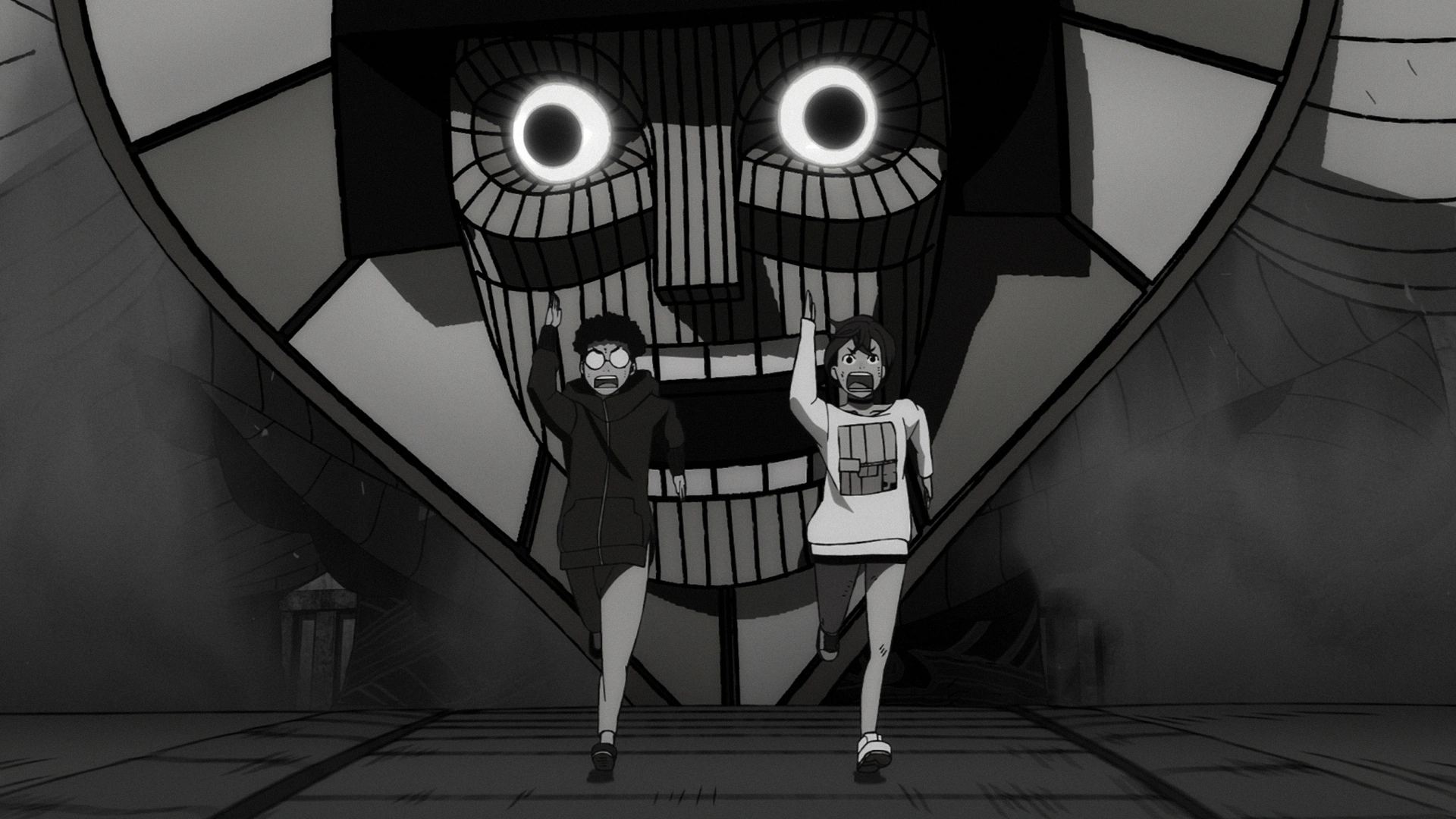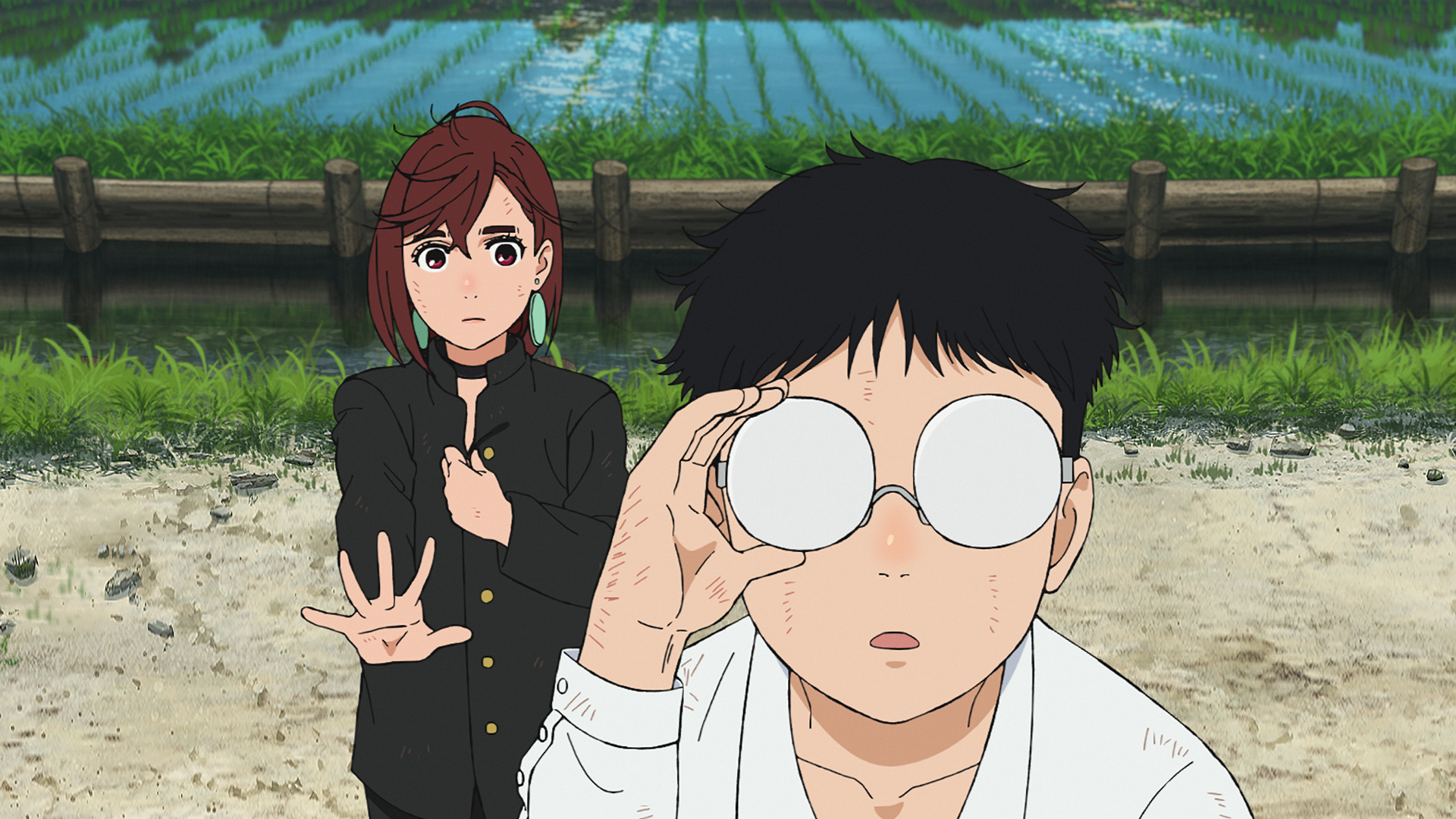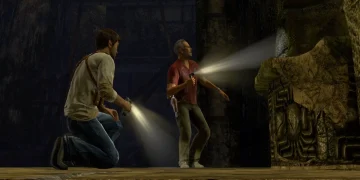The Chinese broadcast of Dandadan has ignited international controversy after fans discovered drastic alterations to character designs, dialogue, and entire scenes. The changes—meant to comply with local censorship regulations—include blurred body proportions, cut comedic moments, and removed references to the supernatural. Viewers outside of China are calling the edits “an artistic crime” and “unwatchable.”
According to ComicBook.com, major scenes involving the series’ signature eccentric humor and supernatural themes were either cut or replaced with vague, contextless footage. Characters’ expressions and even outfits were redrawn to appear more “modest” or “compliant” with state media rules, stripping the series of its signature flair and personality.
Outrage Erupts Across Anime Communities

Anime fans on platforms like X (formerly Twitter), Reddit, and TikTok have exploded with criticism, accusing the Chinese edit of “mutilating” the spirit of Dandadan. Fans shared side-by-side comparisons, highlighting how scenes that were vibrant, absurd, or edgy in the original have been dulled down to the point of incoherence. “They’ve taken the soul out of the show,” one viewer posted.
Hashtags like “#FreeDandadan” and “#CensorshipKillsArt” began trending across social media. Some users even questioned whether anime should be distributed in regions where artistic intent is regularly suppressed. Others pointed out that viewers in China often circumvent these edits through unofficial streaming methods—ironically bypassing their own country’s censorship.
Studios Stay Silent, but Industry Alarm Grows

As the backlash escalates, neither the animation studio nor the Chinese distributors have commented on the controversy. However, anime industry insiders have raised concerns that this could set a dangerous precedent. If studios begin preemptively editing content to appease foreign censors, fans fear more creative compromises may follow.
China is a major market for anime, with millions of viewers and licensing revenue at stake. But critics argue that financial gain shouldn’t come at the cost of artistic authenticity. Some are even calling on Japanese creators to insert “no localization” clauses in licensing deals to preserve the original versions for global audiences.
Will Global Pressure Reverse the Damage?

Though censorship battles between creators and foreign markets are nothing new, Dandadan may have drawn a red line in the sand. Fans are now rallying behind the idea that anime, as a medium rooted in expression and cultural quirks, should remain unfiltered—especially in its international releases.
Whether studios or distributors take action remains to be seen. But one thing is clear: Dandadan’s global fanbase won’t forget this controversy anytime soon, and many are now pushing harder than ever for access to uncut, unaltered anime experiences.
Also Read: 17 Times Censorship Totally Ruined Great Anime Scenes




